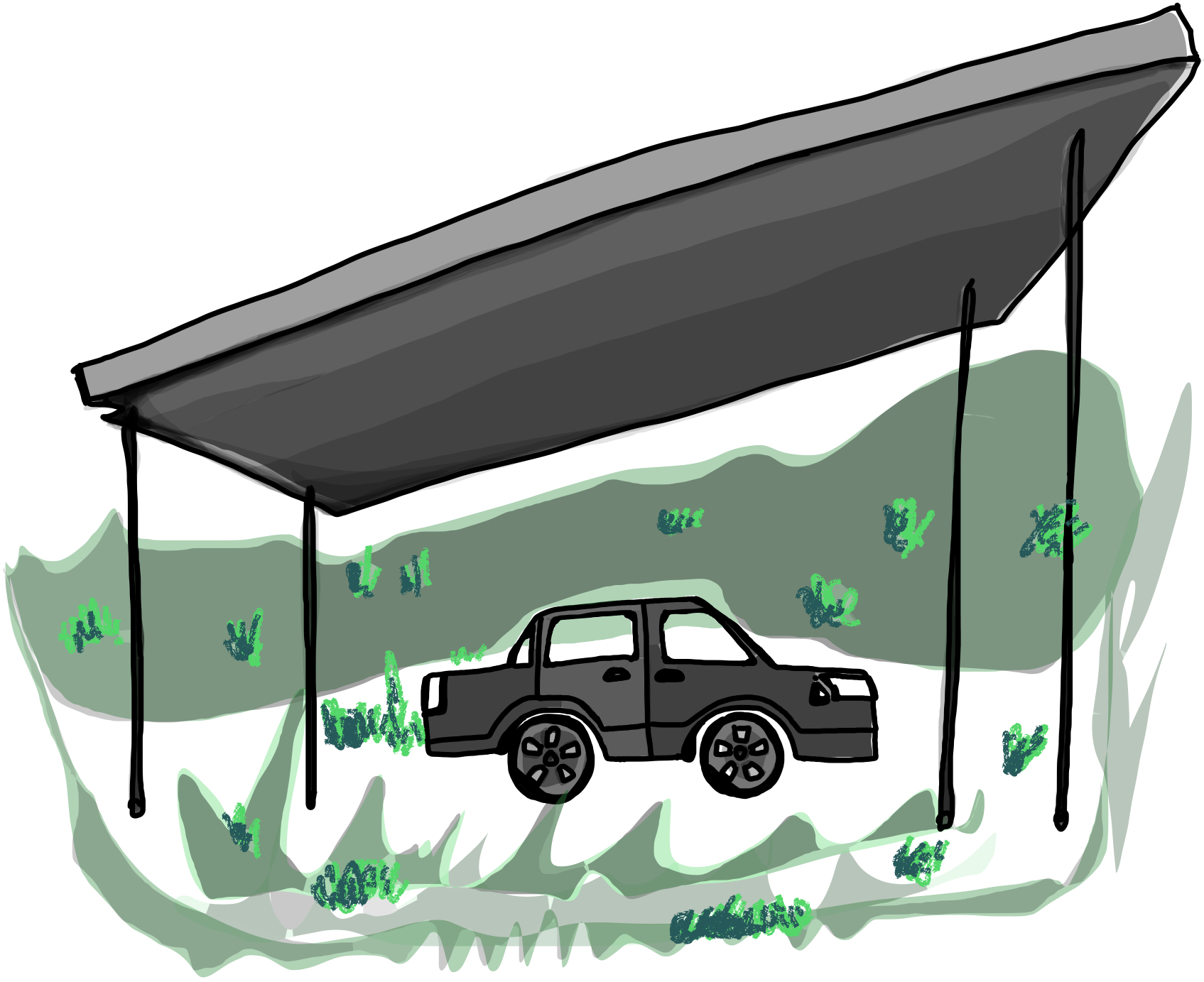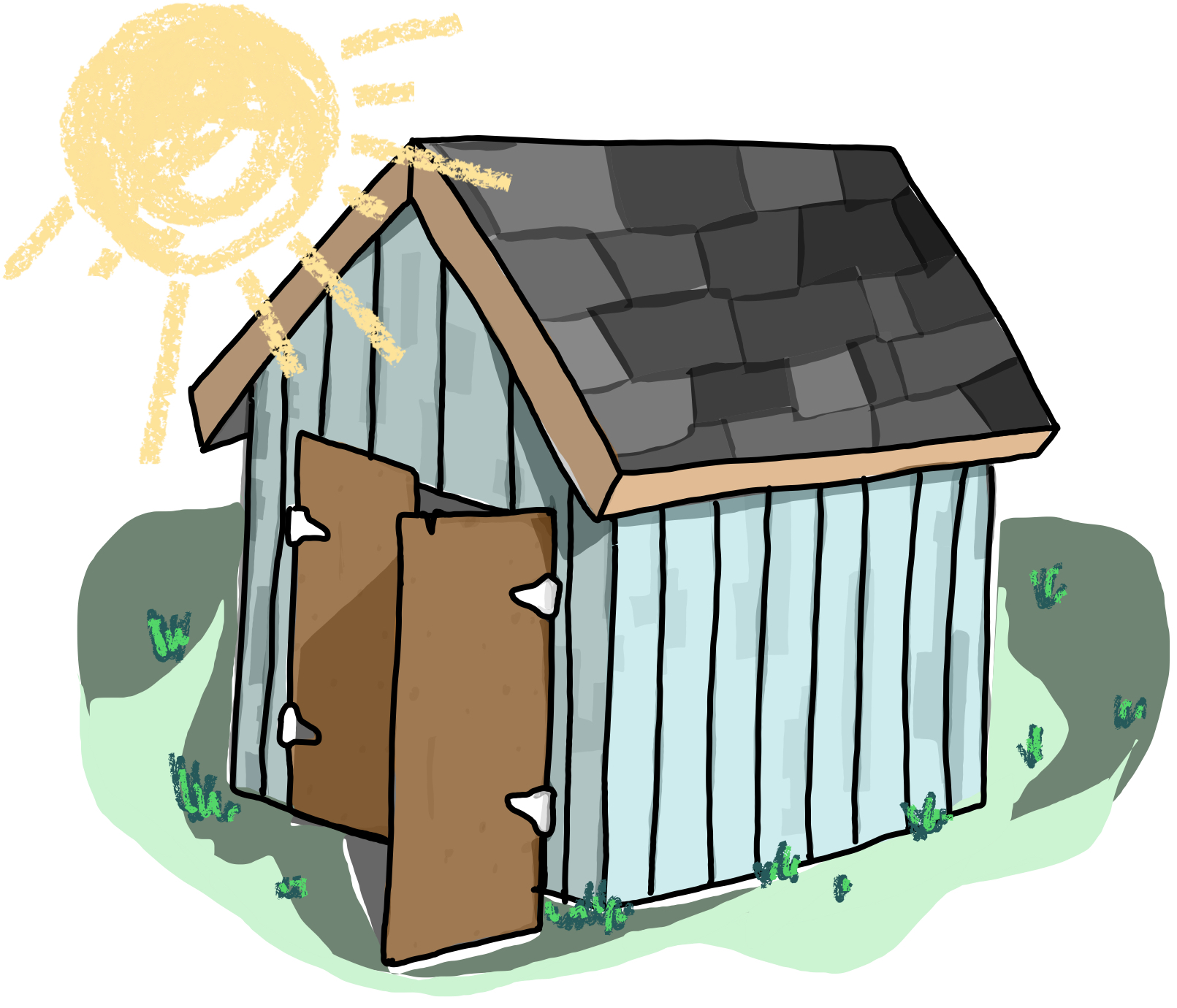
The ultimate determination of an improvement’s (market) value is not merely a factor of function (square footage, bedroom count, etc.).Yes, you need these things, but the buyer’s emotional response also influences the market value.
My friend Tal called me the other day. A carport in his backyard blew over, and he wanted to know 1) if he should replace it or 2) if there was an option that would better increase the overall value of his property. I told him a carport is, well, kind of boring and that this would be a practical option but nothing more. I suggested he think of it as a backup toothbrush; you may want it, but you won’t fall in love with it. A carport elicits no emotional response; you won’t fall in love with a carport. I recommended Tal invest a bit more money and instead build a functional but much more attractive (and emotion-inducing) “studio”/storage shed. This kind of structure still makes excellent use of the backyard space but built the right way, it gives a person something to fall in love with. Emotion/love = more value.

The ultimate determination of an improvement’s (market) value is not merely a factor of function (square footage, bedroom count, etc.). You need these things, but the buyer’s emotional response also influences the market value. Starbucks and Whole Foods, for example, spend millions to elicit this response from you, and the smartest builders pour more resources than you might imagine into making their model homes perfect and easy to love. If planning an improvement to your home, some level of function will always be involved, but don’t stop there. There are ways to make even the most functional improvement, something you can also fall in love with. If you’re planning an improvement and you’d like to chat more about this, give us a call. We’d be delighted to help.
